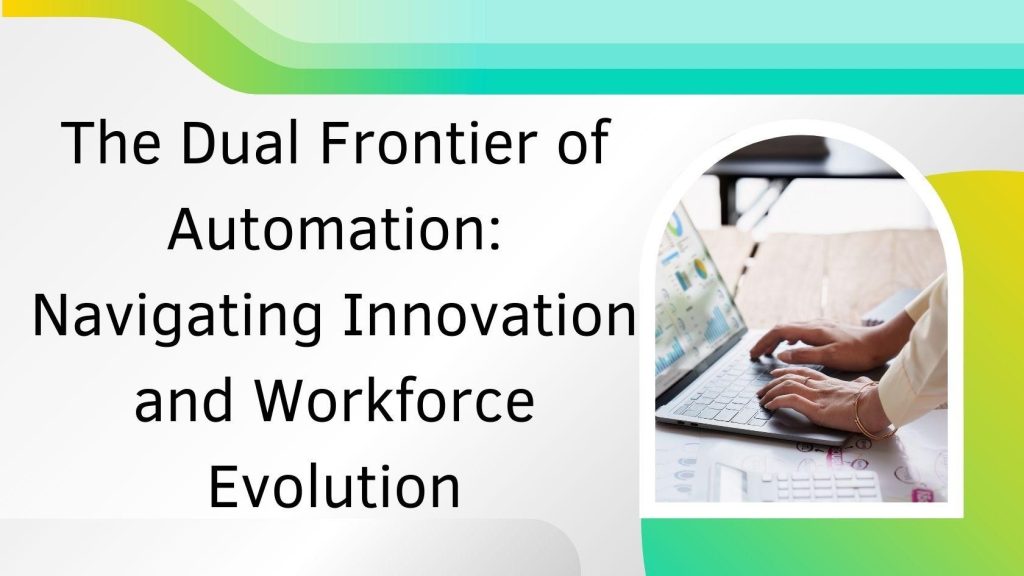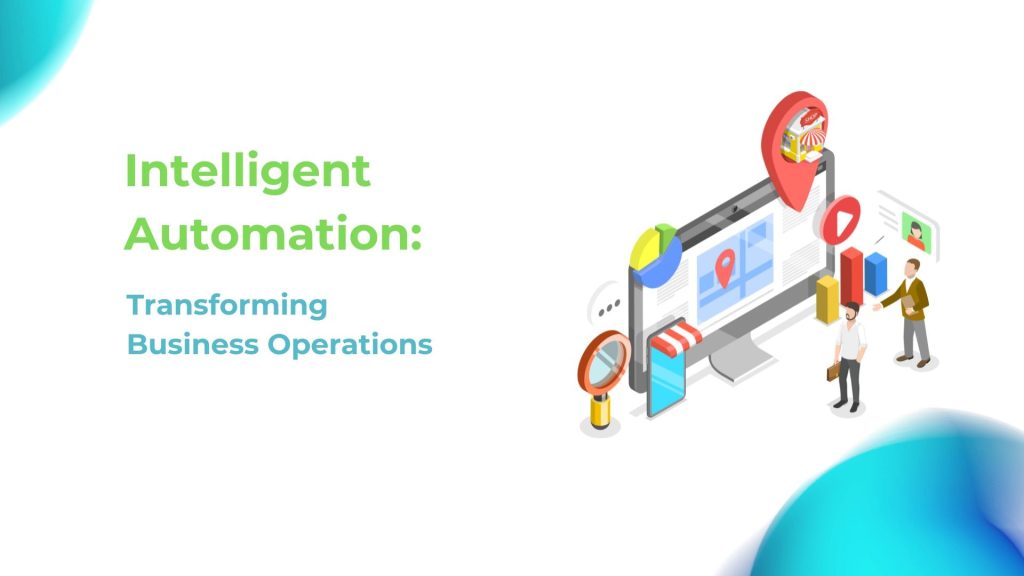Exploring the transformative power of intelligent automation, Sijo Valayakkad Manikandan highlights its profound effects on global employment. With AI and robotics rapidly advancing, this shift impacts job markets, reshapes skill sets, and opens up new professional opportunities.
Intelligent Automation: A New Paradigm
Intelligent automation (IA) merges AI with automation, transforming operations across industries. By incorporating machine learning, robotic process automation (RPA), natural language processing (NLP), and computer vision, IA enhances precision and decision-making. This integration embeds automation into manufacturing, service, and knowledge sectors, driving notable transformation and efficiency improvements, redefining how businesses operate and streamline processes.
Transformative Impact Across Industries: Manufacturing and Industry 4.0
The manufacturing sector exemplifies Industry 4.0, where smart systems integrate human labor with robotics seamlessly. Automation of repetitive tasks and AI-driven predictive maintenance have notably boosted production efficiency. However, this evolution requires a shift in workforce skills, emphasizing robotics programming, data analysis, and technical proficiency. Workers must now adapt to advanced technologies, bridging the gap between machine capabilities and human supervision, ensuring that human expertise complements automated systems for optimal productivity and innovation.
Service Sector Automation
Intelligent automation (IA) has significantly impacted the service sector, especially financial services and customer interactions. Automated trading and AI chatbots have enhanced operational efficiency and customer satisfaction. This shift creates opportunities for experts in AI governance, algorithm refinement, and customer-focused solution design. The emphasis is now on balancing automated precision with human insight to optimize performance and maintain a human touch in service delivery.
Knowledge Work and Cognitive Automation
White-collar fields like legal, accounting, and journalism are embracing automation’s impact. AI tools now handle data-intensive and routine tasks, sparking job displacement concerns. Yet, experts believe AI will largely enhance rather than replace human roles. The focus shifts to blending cognitive computing with human creativity, creating roles that value strategic thinking and emotional intelligence. This integration paves the way for a collaborative future where technology complements and amplifies human expertise and innovation.
The Dual Nature of Job Displacement and Creation
Intelligent automation brings both job displacement and job creation. By 2030, up to 30% of tasks in 60% of occupations could be automated. However, new roles such as AI specialists, data scientists, and robotics engineers are expected to grow significantly. The World Economic Forum predicts that while traditional jobs may decline, opportunities in technology and human-machine collaboration will rise, balancing the shift.
Emerging Roles and Skills for the Future
AI and Robotics Engineers are essential for advancing smart systems, involving machine learning models, NLP applications, and sophisticated robotics. The growing demand highlights the need for talent adept in the AI landscape.
Data Science and Business Intelligence Analysts are pivotal as data surges, requiring statistical expertise and machine learning to drive strategic insights.
Human-Machine Interaction Designers gain importance as automation integrates into work, focusing on creating intuitive interfaces and workflows that foster seamless collaboration between humans and AI. These specialists ensure that human-AI partnerships are effective and user-centric, enhancing productivity and adapting technology to human needs. This role is crucial for promoting cohesive and efficient interaction between people and machines.
Ethical and Societal Considerations
The swift advance of automation brings ethical challenges like algorithmic bias and economic inequality. Ensuring fairness, transparency, and accountability in AI systems is crucial. New roles, including AI ethicists and algorithmic auditors, have emerged to maintain these standards and support responsible, ethical innovation, fostering trust and equity in technological progress.
The Imperative of Reskilling and Lifelong Learning
Adapting to constant technological change is essential. Reskilling and upskilling are crucial for workforce resilience. Technical skills like coding, cloud computing, and cybersecurity are vital, while adaptability, creativity, and problem-solving remain indispensable. Corporate initiatives and government policies must align to provide accessible learning and industry-relevant training, ensuring a well-prepared, future-ready workforce.
In conclusion, Sijo Valayakkad Manikandan’s analysis highlights that intelligent automation offers significant potential alongside notable challenges. The future workforce will depend on how industries, policymakers, and educational institutions collaboratively leverage technology to enhance human capabilities. A balanced, proactive strategy will determine if this technological wave leads to a more dynamic, equitable workforce, where innovation supports human progress.


